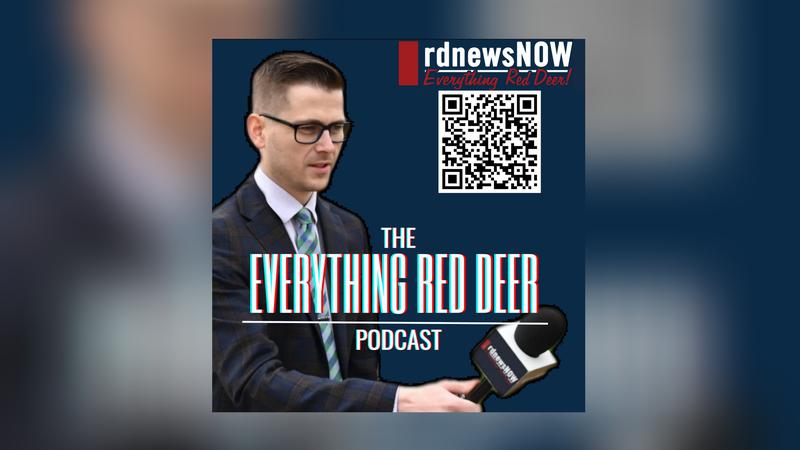
Recovery Alberta CEO says new health agency will work for Albertans
The head of the province’s new health authority for mental health and addictions, dubbed Recovery Alberta, says it’s important people understand the new organization’s purpose.
Recovery Alberta came about after the Province announced last November that it would be splitting Alberta Health Services into several different organizations which would work together to deliver health care in Alberta.
Other organizations are incoming for primary care, acute care and continuing care.
Kerry Bales, CEO, Recovery Alberta, says ‘recovery’ means more than we tend to think.



